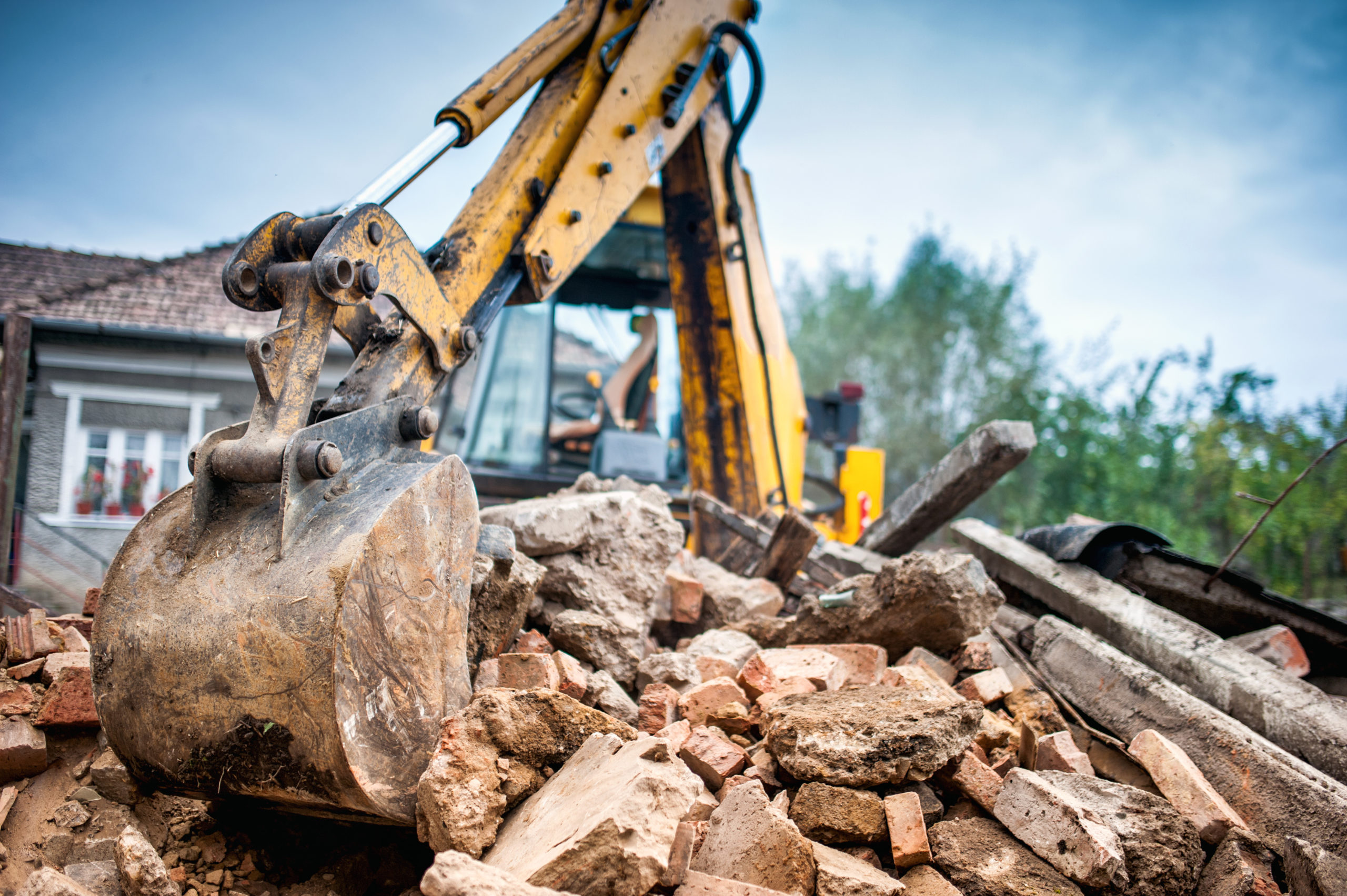
October 2020
3 Min Read
Why Does Real Estate Need Visual Property Intelligence?
Computer vision is on the very edge of changing the home buying experience dramatically. The use of images to help value properties and assist both buyers and investors in searches will help in many ways, especially as the technology matures.
What is Computer Vision?
Computer vision is training a computer algorithm to interpret and understand images and videos. This technology has been around in some form since the 1950s. In recent years, the development of deep learning models and the ability to effectively manage large databases of images has made it evolve at an unprecedented pace.
Utilizing new deep learning algorithms, computer vision can be used for a variety of applications including facial recognition, image moderation, identifying defects in the factory, and conducting insurance assessments.
Visual property intelligence is the specific application of computer vision to identifying various objects and features of interest within real estate photos.
The wide variety of applications and the continued improvement of the technology show promise for the real estate industry.
How Will Computer Vision Help Real Estate Investors?
For investors, the factors listed above are important, but the speed at which they can make investment decisions will be the most significant change.
By using computer vision to determine the condition of properties at scale automatically, an investor interested in buying distressed assets can quickly and easily filter properties that have already been renovated, saving valuable time. Investors can quickly assess the overall condition of a portfolio of properties, flagging properties in poor condition to focus their due diligence efforts where it’s required most.
Previously, investors and property managers had no way to keep track of the condition of their investments in an automated, consistent, and standardized way. Now we have the ability for a computer to look at the photos to determine the condition of the property.
“If you can’t measure it, you can’t improve it.” — Peter Drucker
How Will Computer Vision Help Home Buyers and Homeowners?
When looking for a home, you can find yourself overwhelmed. These days, most home searchers begin the task on the internet, looking at real estate sites and trying to narrow down from thousands of listings.
Even real estate agents have problems. They may see the perfect house but fail to recall what kind of kitchen it has, or the specific features that made it an ideal fit for that particular customer.
Property photos are the first thing prospective buyers look at and are arguably the most important part of the listing. Sifting through dozens, probably hundreds of images in the search for a home can be a very time-consuming task.
Here are some ways Computer Vision can help relieve these pain points:
- Have you ever looked at a fixer upper and wondered how much it would cost to redo that kitchen or bathroom? We all have! Computer vision can be used to estimate the cost of renovation projects by analyzing the property photos.
- We can improve the accuracy of home valuations by using computer vision to put in place one of the major missing pieces to the valuation puzzle — determining the quality and condition of the home. More accurate valuations give home buyer’s confidence in the automated property valuation and allows agents to focus on nurturing their customer relationships.
- Computer Vision will significantly improve the search features on real estate listing sites. Currently, search relies on basic features such as the number of bedrooms and price. With computer vision, we can sift through images and identify, for example, all three-bedroom houses with granite countertops. Advanced search will allow buyers to search for more detailed features specific to their wants and needs.
- One of the most common ways agents value property is by looking at other comparable properties. The same CV enhanced search will allow for a direct side-by-side comparison of different properties, inside and out. For example, a user can compare country style kitchens or modern bathrooms while also considering the overall condition of each property.
Computer vision has the potential to be a real game changer for real estate. The technology is only going to improve as new methods are invented, and companies continue to collect high quality data.



















































